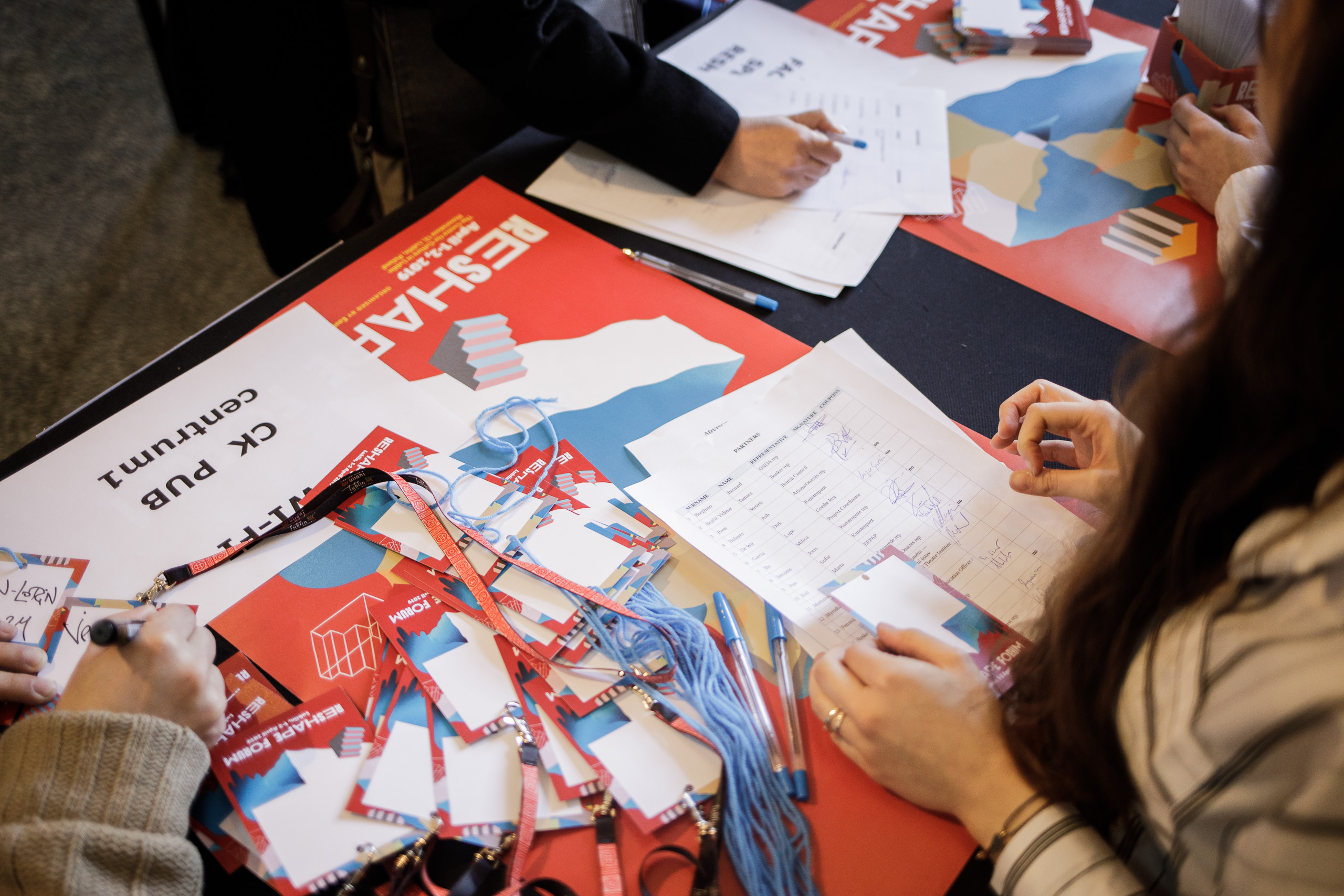
Blog

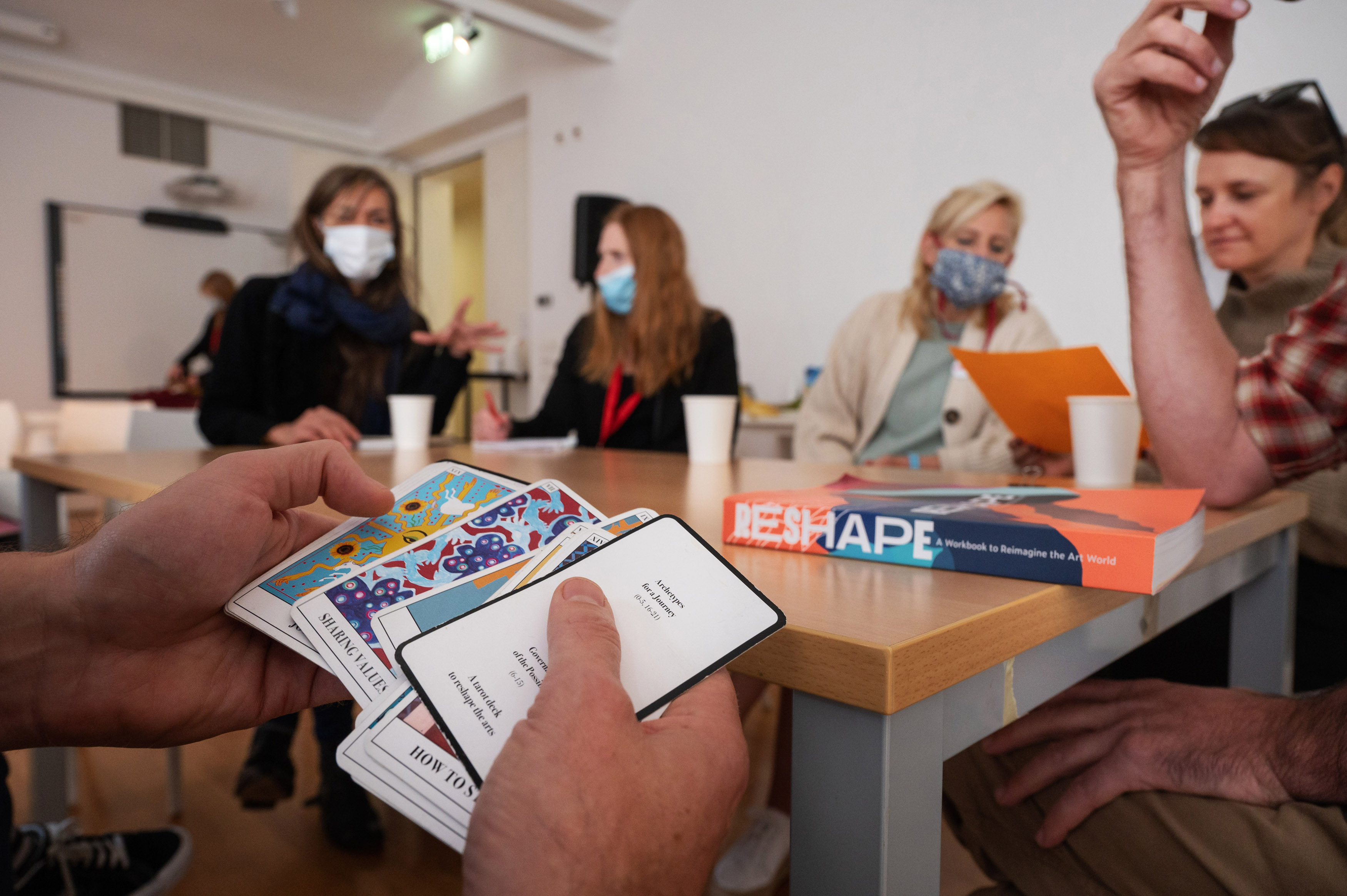
RESHAPErs Guide To Changing the (Art) World
By Tjaša Puber What follows is by no account an objective attempt to reflect the events of the final conference of RESHAPE project. Albeit not a part of the project itself, I was invited to participate on the conference on three separate events as a speaker, and can therefore only offer an insight from (sort of) within. Then again – RESHAPE never pretended to be anything but that. An inside job of trying to change the (art) world.

RESHAPE closing conference: What kind of future do we want for the cultural sector?
Flanders Arts Institute was partner in RESHAPE, a large-scale EU funded collaboration project (2018-2021) in which 19 partners joined forces to draw a blueprint for a sustainable European arts eco-system that relates with contemporary society.
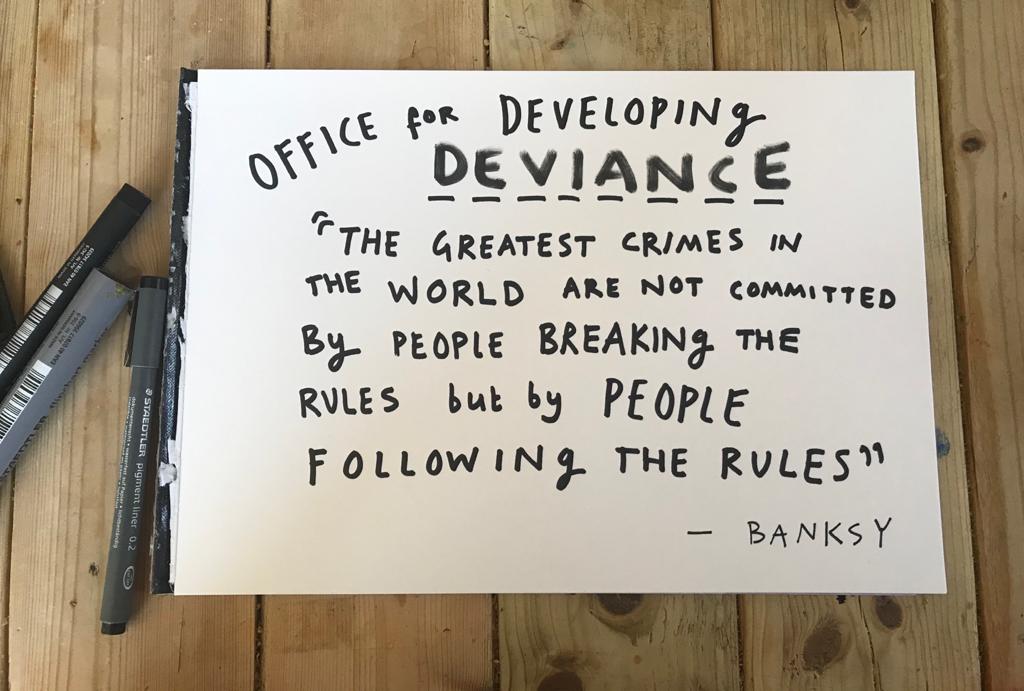
The Department for Civil Imagination: An institution for reshaping realities in poetic, practical and political ways
Shaping, reshaping and changing the culture and arts sector often requires mapping and understanding of what is possible, not only to make, but to imagine as well.
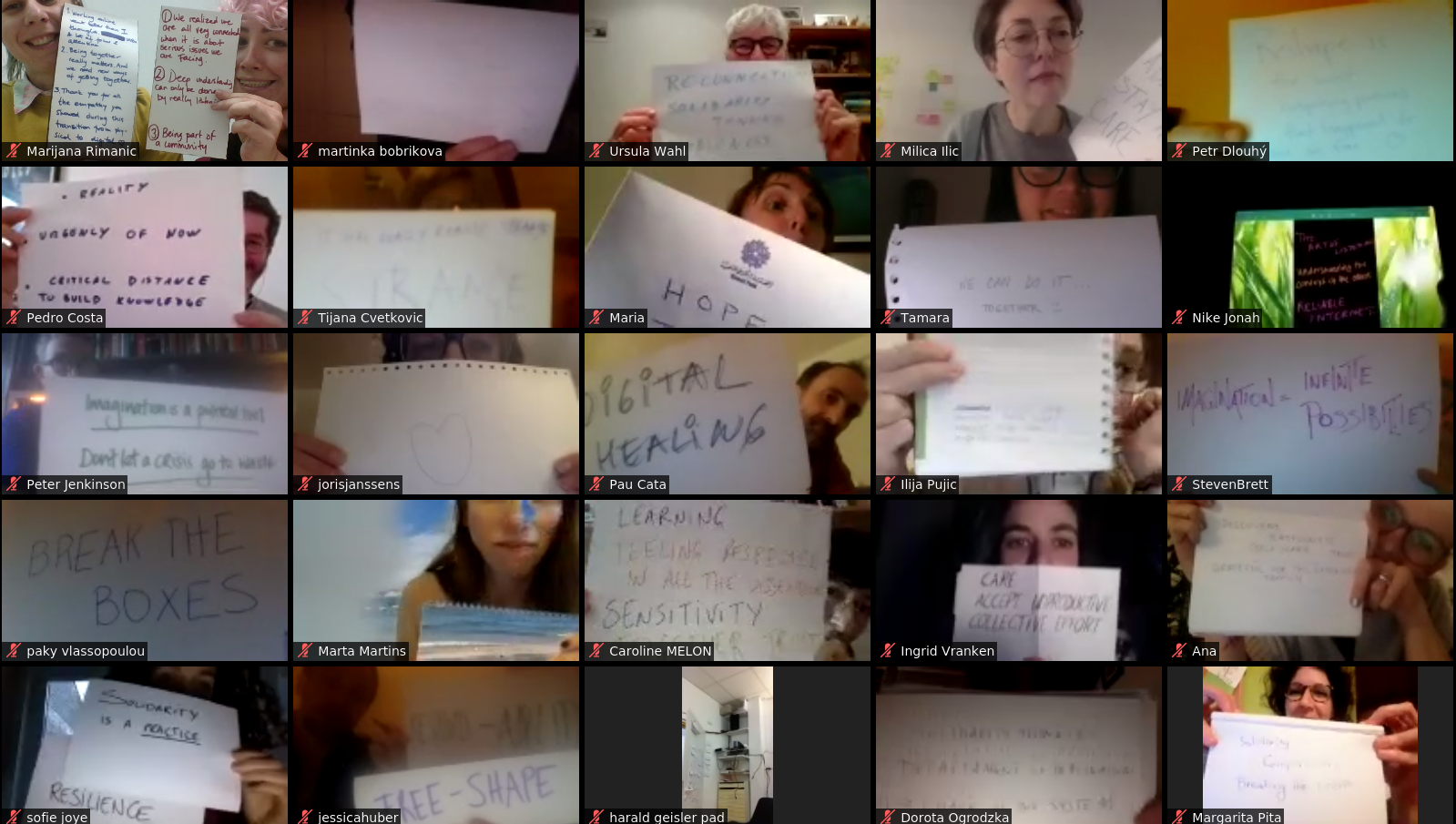
Reshaping Zagreb Intensive: How We Switched From Physical to Digital
RESHAPE (Reflect, Share, Practice, Experiment) is a 3-year trajectory aiming at the development of new organisational models for a fair, sustainable, solidary and geographically balanced arts ecosystem in Europe and South Mediterranean countries. Forty artists and art professionals (we call them ‘Reshapers’) are working in small groups on answers and proposals around 5 complementary topics like value of social fabric, fair governance, solidarity funding, trans/post national practices and art and citizenship. Apart from these workshops in small groups, all Reshapers work together during a week in the form of an ‘intensive’; one was organised in Cluj in November 2019 and a second one was planned from 9 to 13 march in Zagreb, Croatia.
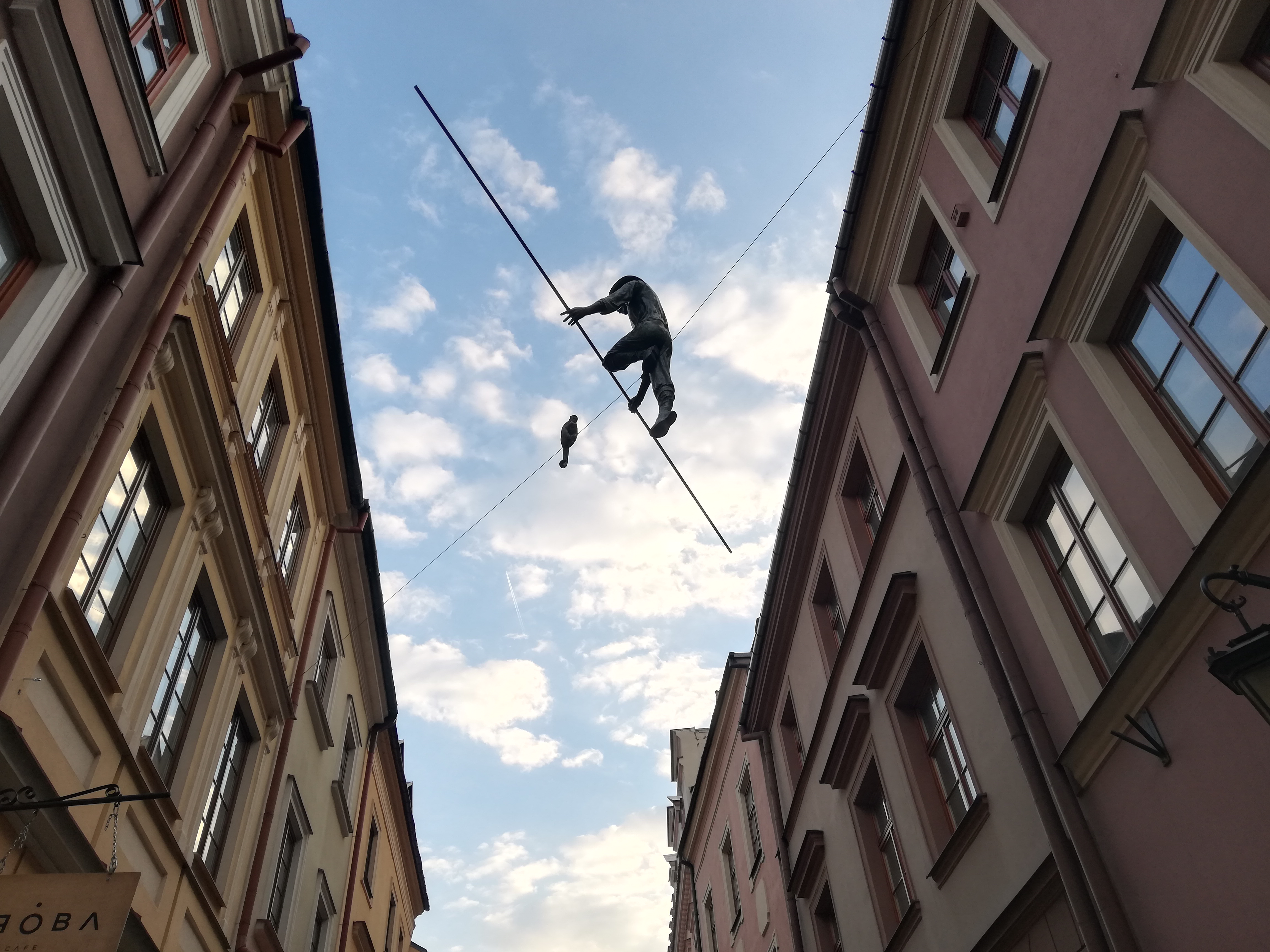
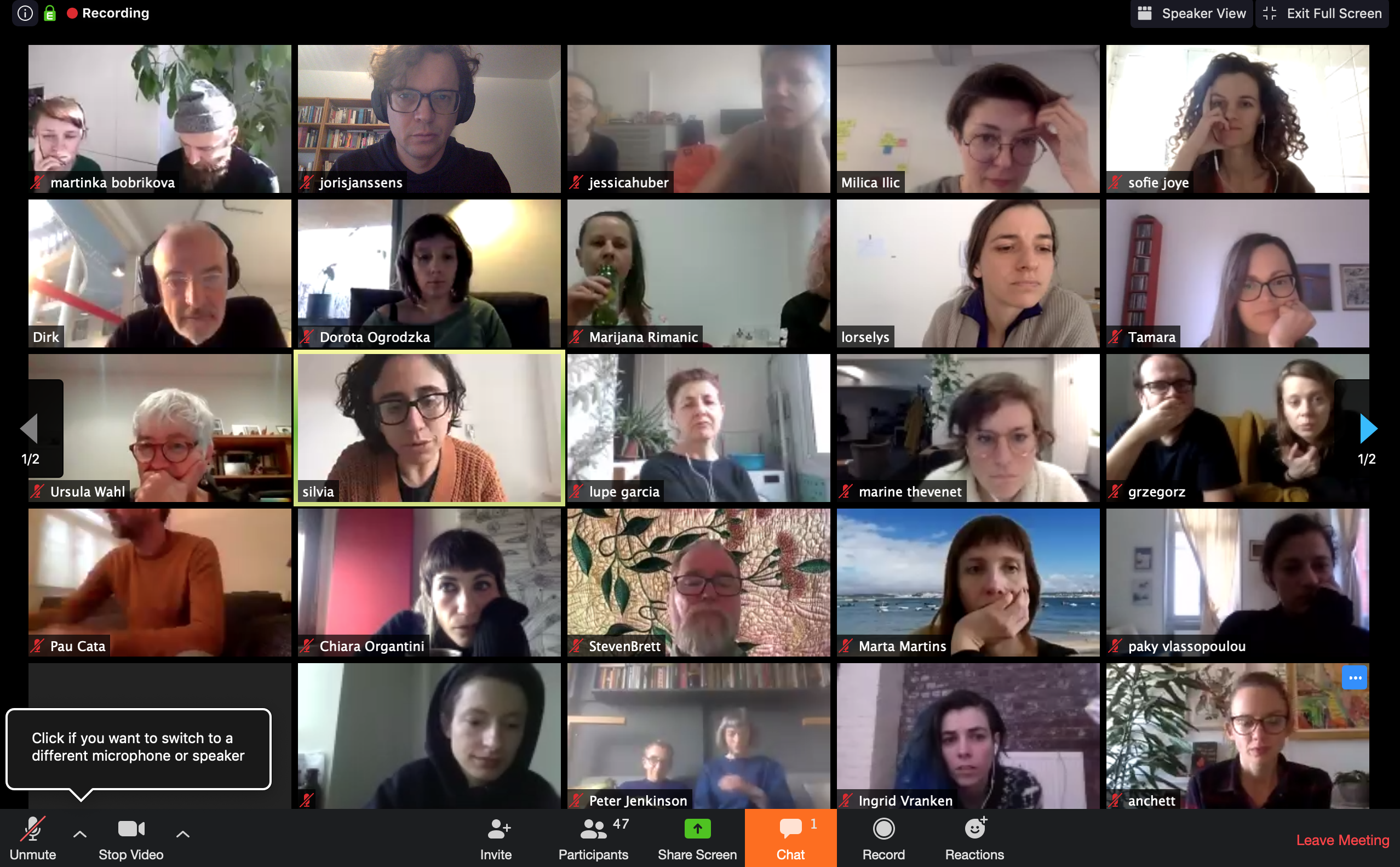
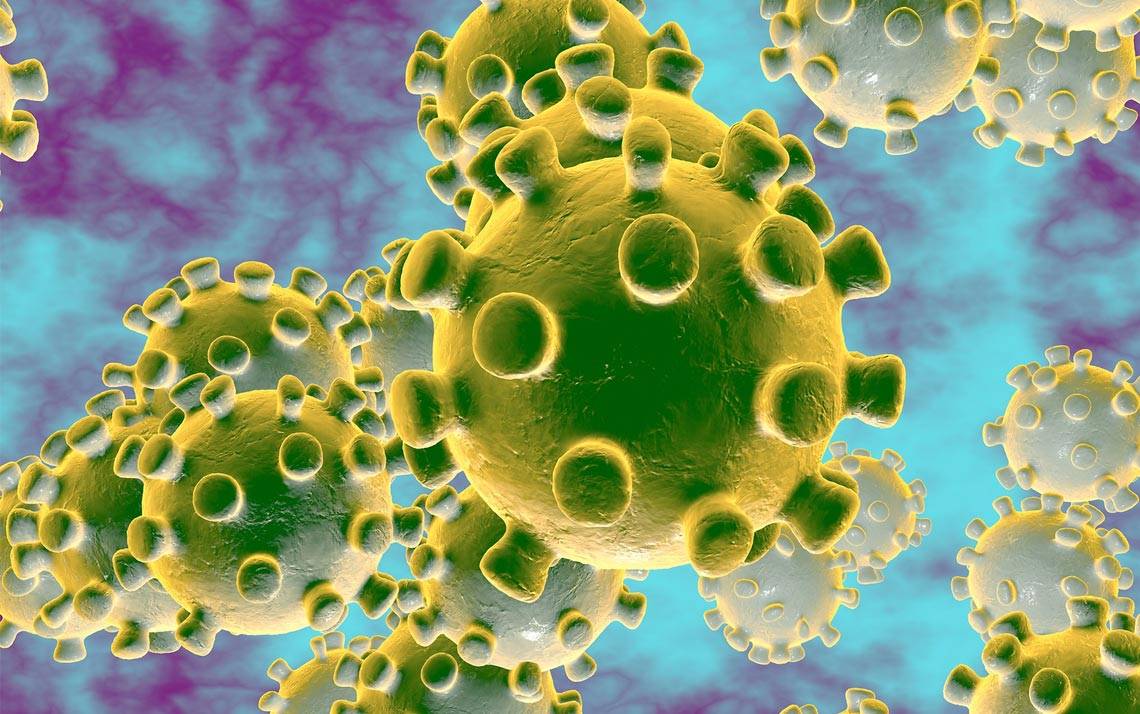
Arts and Culture in the Age of Corona
Four days before Reshape Zagreb Intensive was supposed to start, we made a decision to cancel it due to the spreading of coronavirus all over Europe. 80 arts and culture professionals who were supposed to come to Zagreb committed to work online instead of traveling, in order not to jeopardize their own and other people's health.
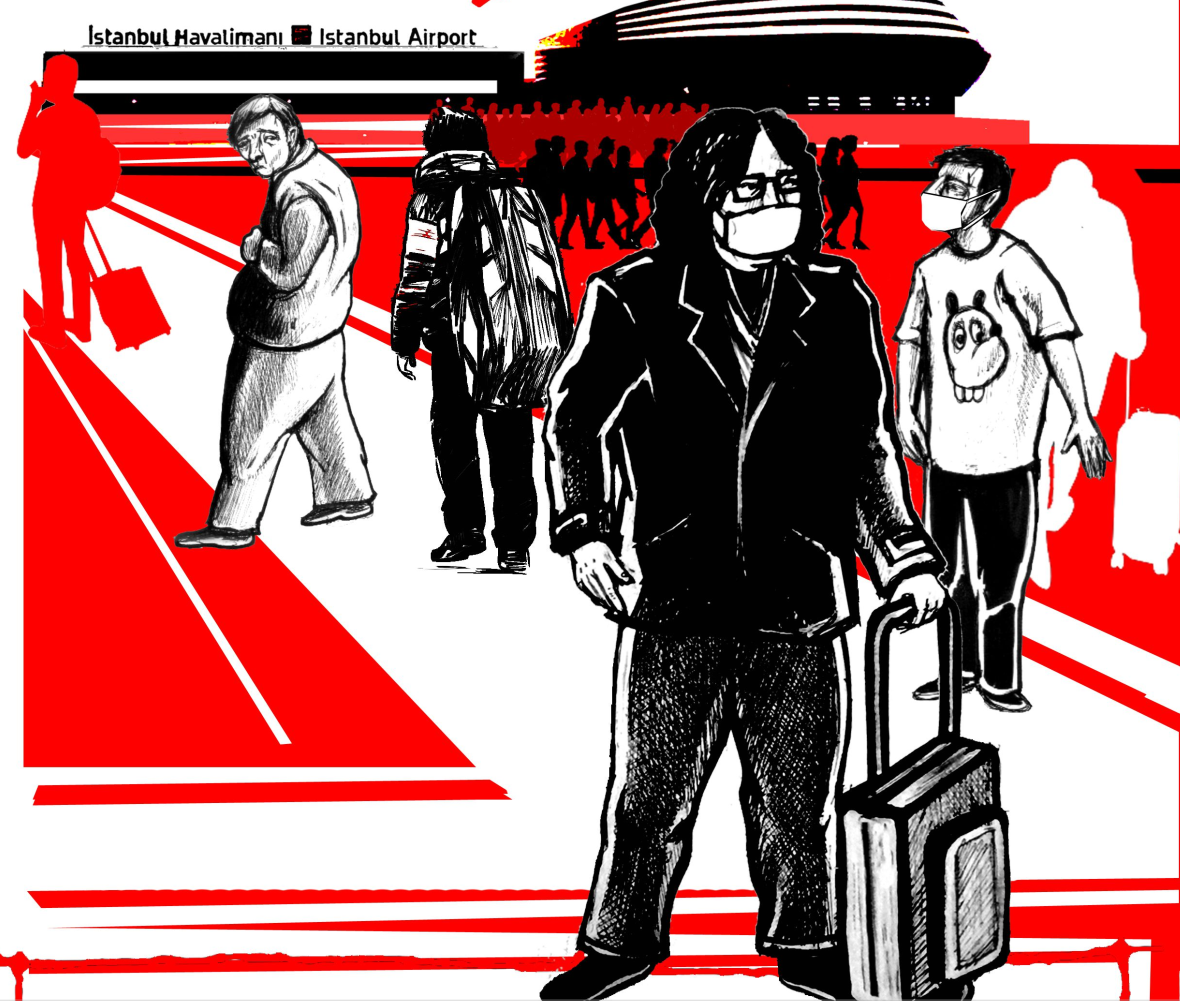
Transnational/Postnational Artistic Pravtices Workshop in Istanbul: A Graphic Novel
Last week of January. It's time for our second session with the group. This time the destination is Istanbul. What a joy and excitement to visit Istanbul after 9 years. A lot has changed since my last visit to this megalopolis...
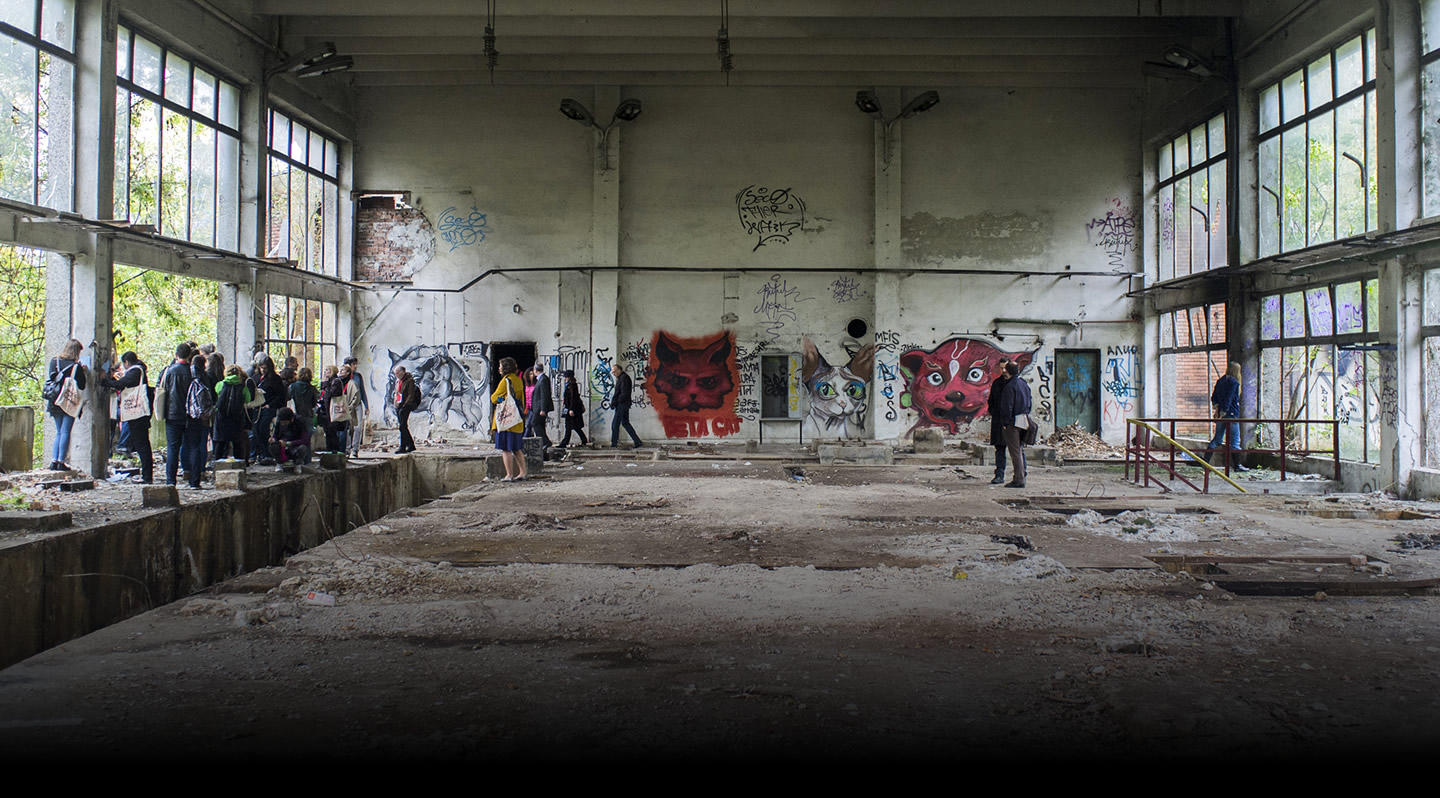
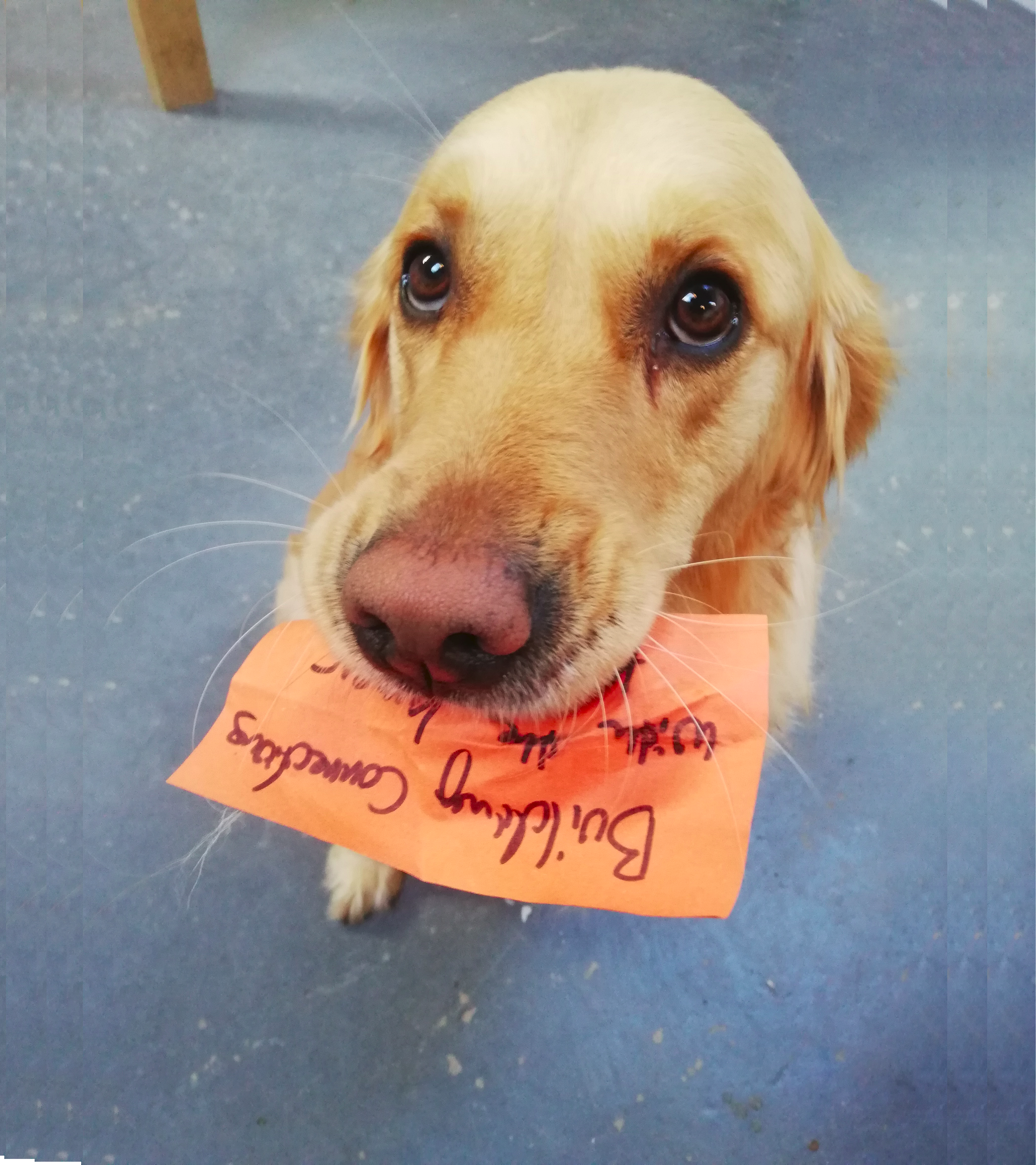
Governing a culture of survival?
As a part of the trajectory group ‘Fair Governance Models’, we are working on a proposal that outlines a paradigm shift in the cultural field in order to force a change towards a fairer society. Edited by Sam Trotman, Martin Schick & Helga Baert
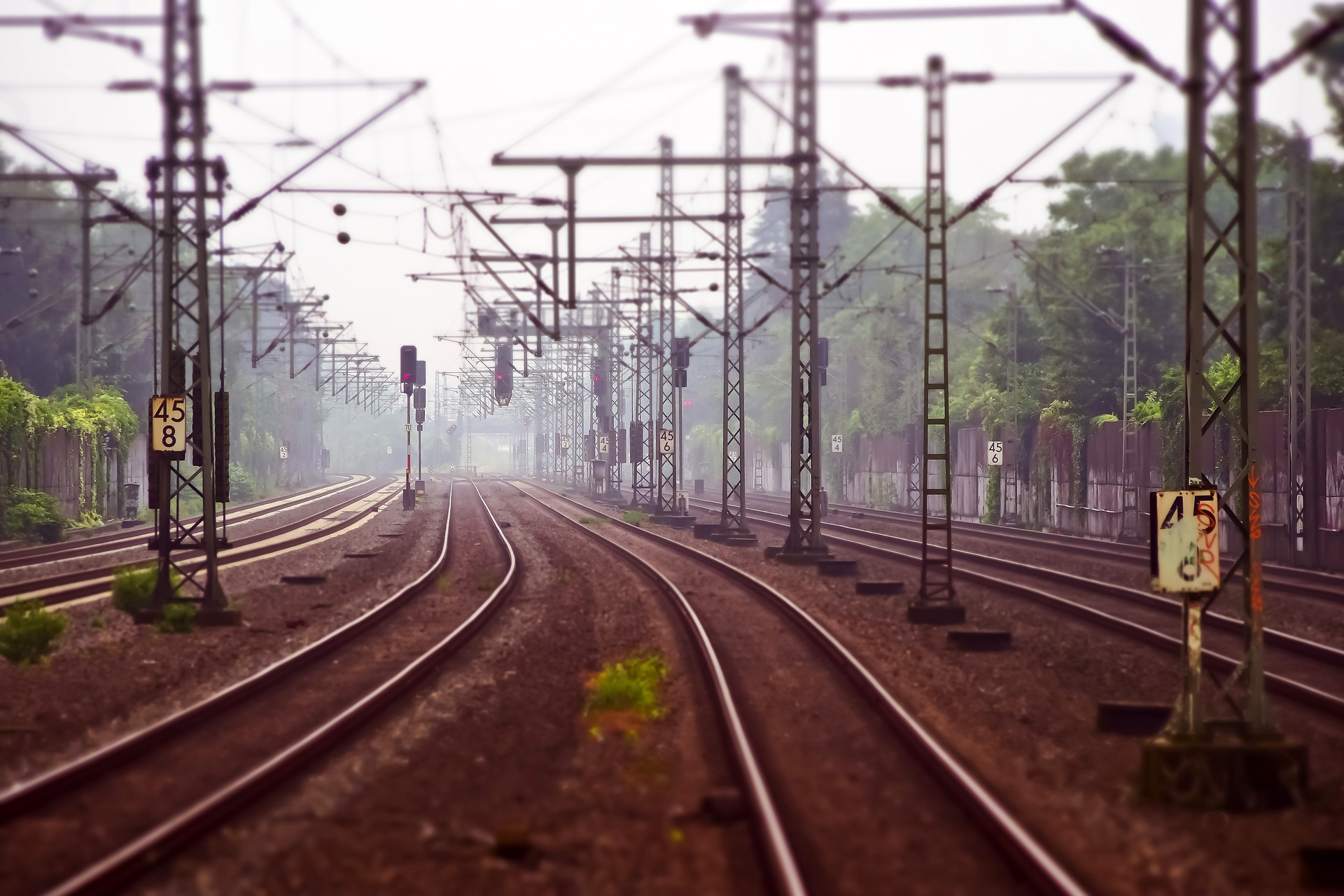
Would my contribution to Reshape be worth more than my carbon footprint?
What could be better than being accepted onto a program where you travel to eight countries in two years?! What better than a chance to travel across Europe moments before our British politicians pull the plug on our countries stability, economy and future and remove the UK from the EU?!
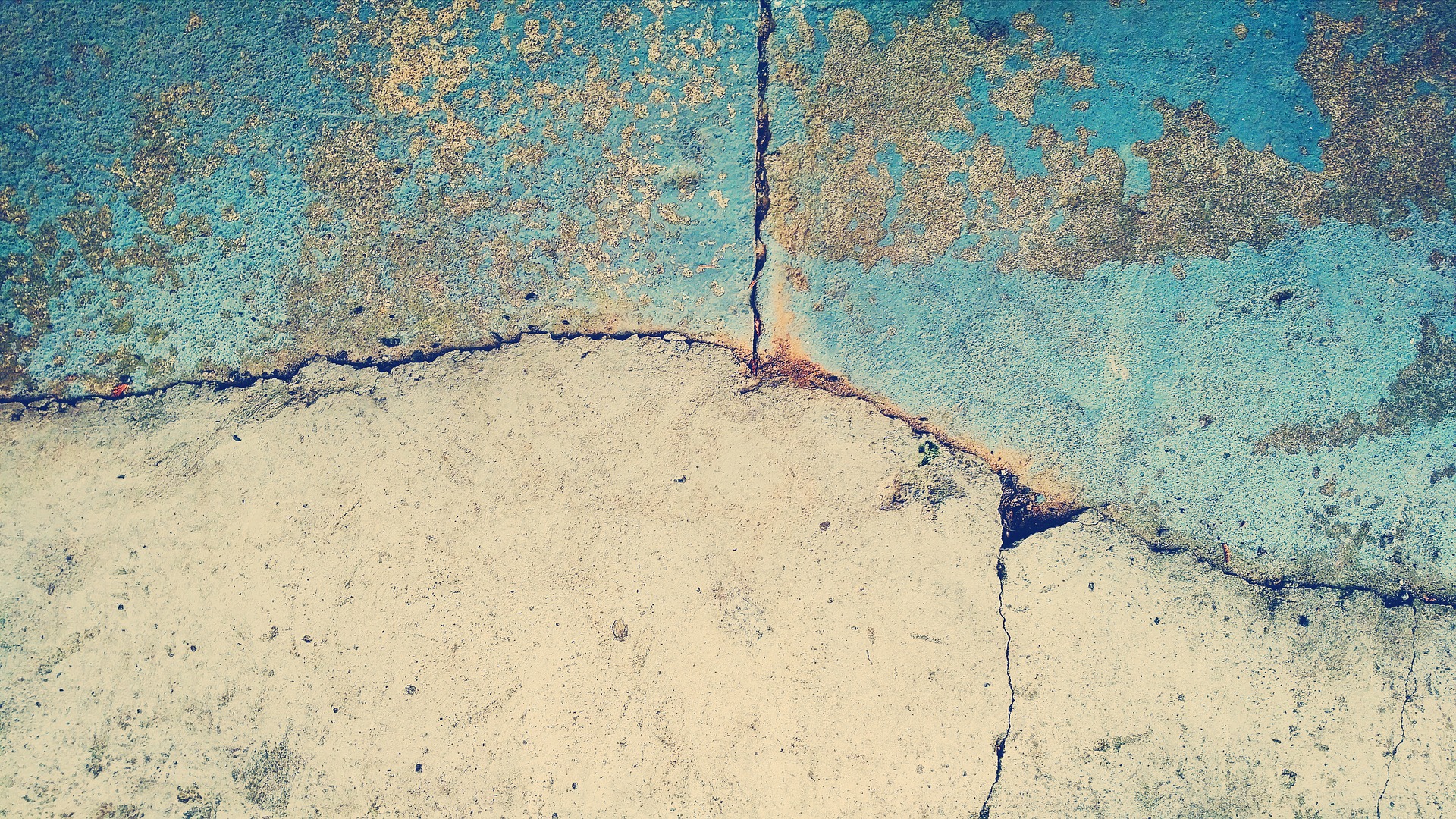
Art as a Tool for Social Transformation
From its capacity of generating changes in the collective imaginary, producing forms of critical thinking, inventing new ways of doing or proposing new formulas of social organization, art can be a practical tool for contributing to processes of social transformation. In this sense, when we talk about practices that are at the junction of art and social fabric, some of the most nutritious areas can be those of collaborative art, public art, practices close to activism, cultural mediation, art and education, or community culture. —— by Marina Urruticoechea (Sarean + Wikitoki + Karraskan)

What kind of art should we develop so it could match social needs?
We are asked how the ‘value of art’ could be promoted in the ‘social fabric’? But, based on the practices we are developing in the Minipogon, we would feel more comfortable reversing this question in the following way: What kind of art practices should be developed so they could match real social needs, while making art finally purposeful for the society as a whole?
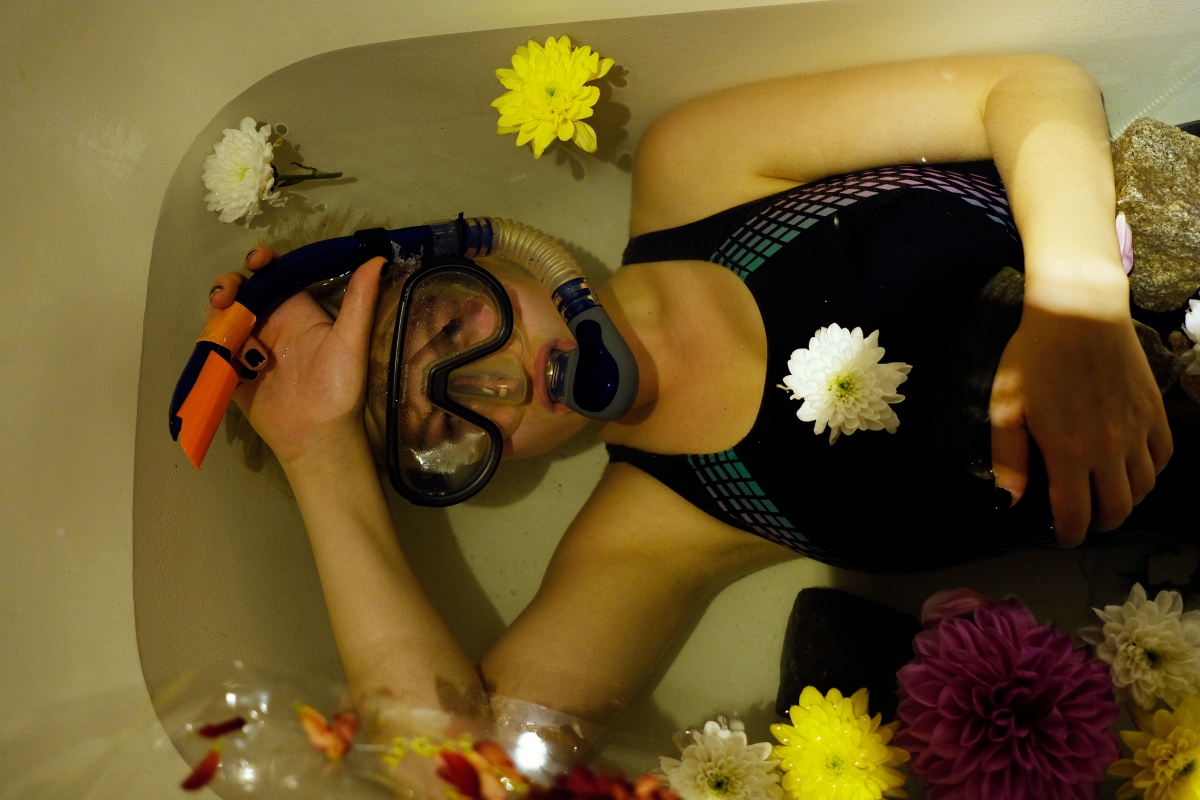
We Wanna Sleep With Common People
These days are really important days for me. I am selling my home. 30 square meters of size and over 10 year of life in these walls. It hosted my life and my work; what is now called homemade culture. In this little box I called home, I created my own festival, more than one actually. Three. They’ve all left by now, they live across Romania and abroad.

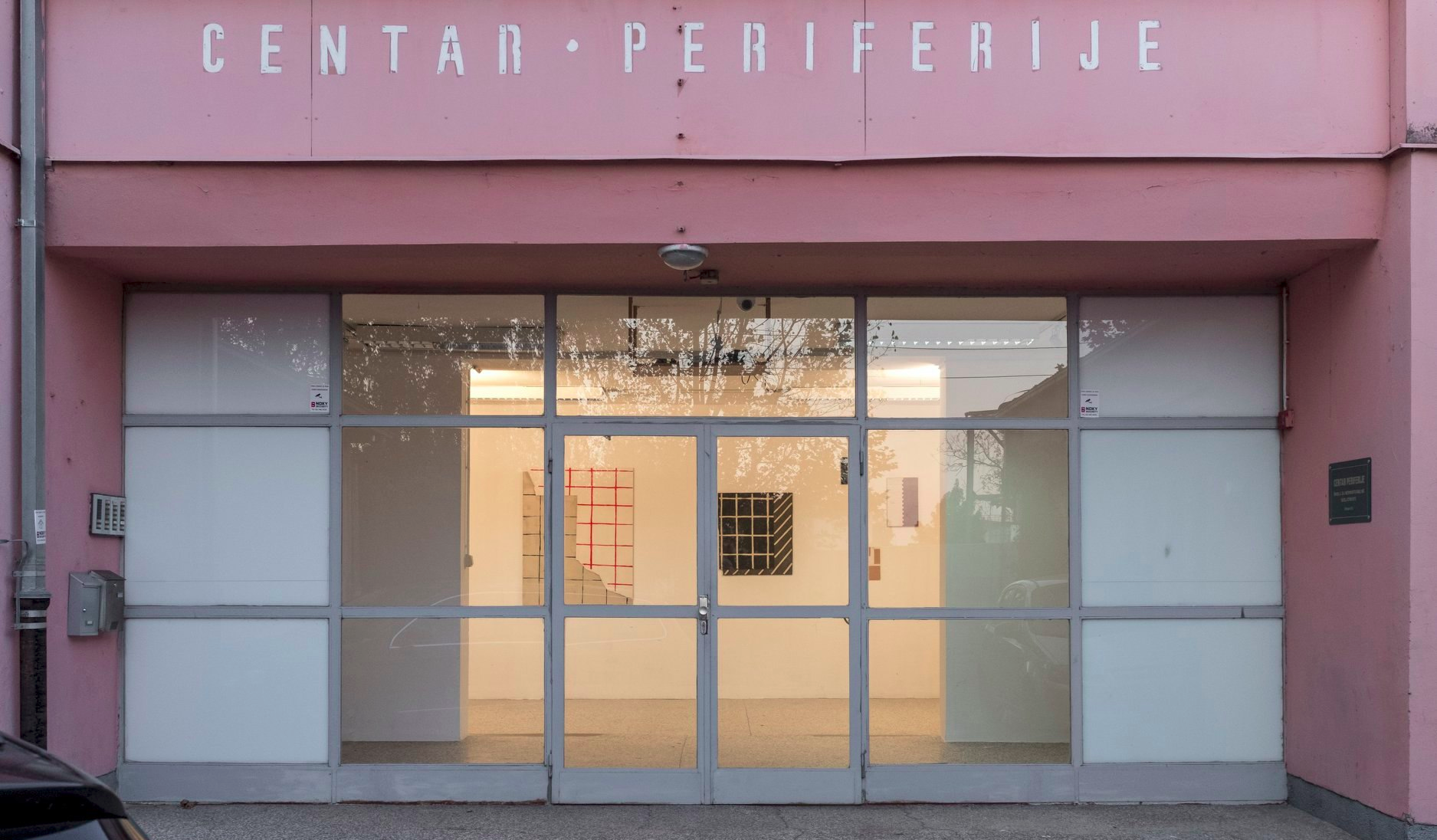
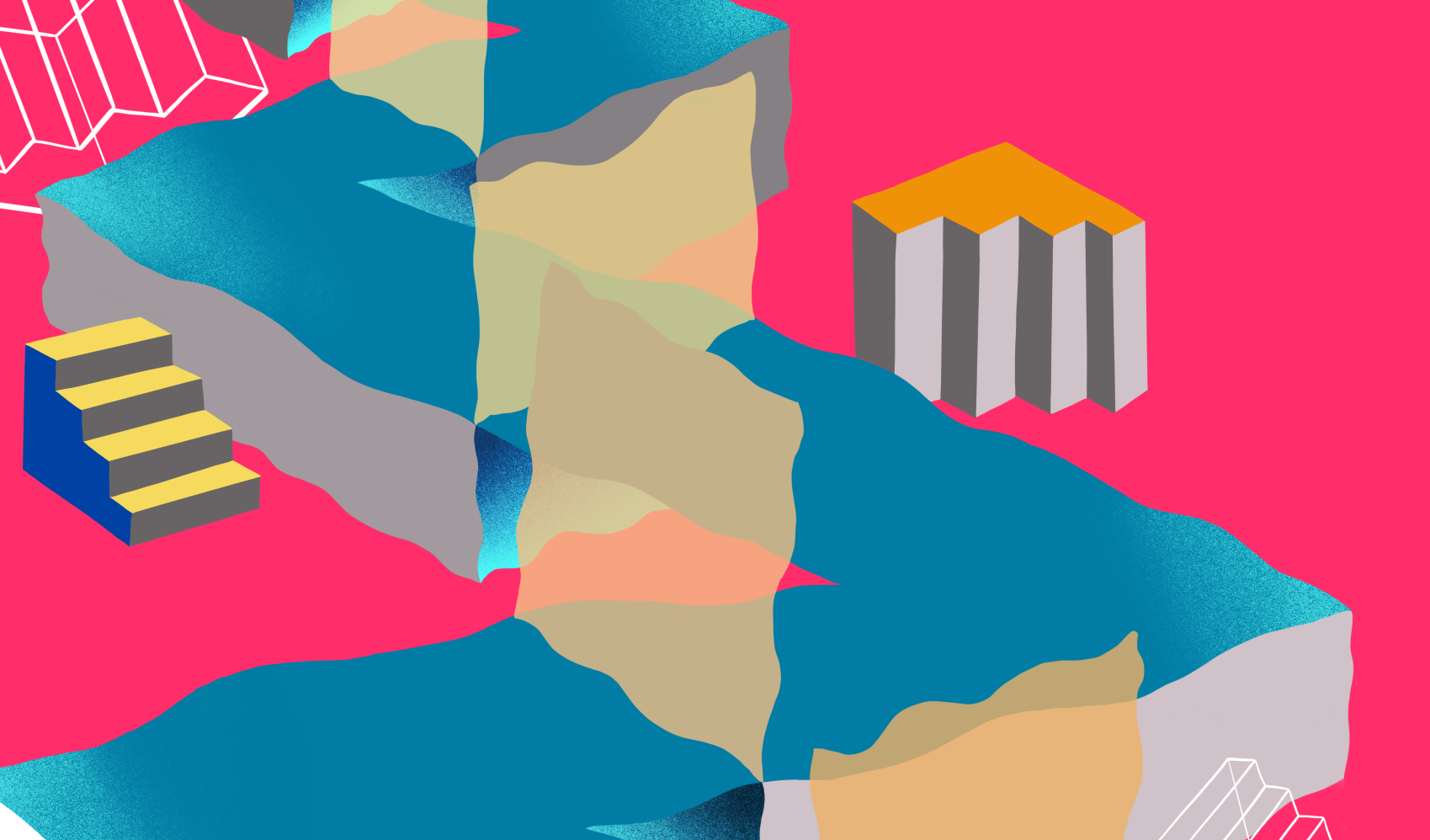
How to Promote the Value of Art in Social Fabric Affected by War
Our approach to a better understanding of the Value of art in social fabric was to discuss and bring up to the dialogue the narrative of the torn apart communities in war-zones and post conflict societies, how do we as cultural activists, artists and organizations, contribute in reviving an art scene in the midst of political chaos and lack of security, funding, and the disappearance of a cultural ecosystem?
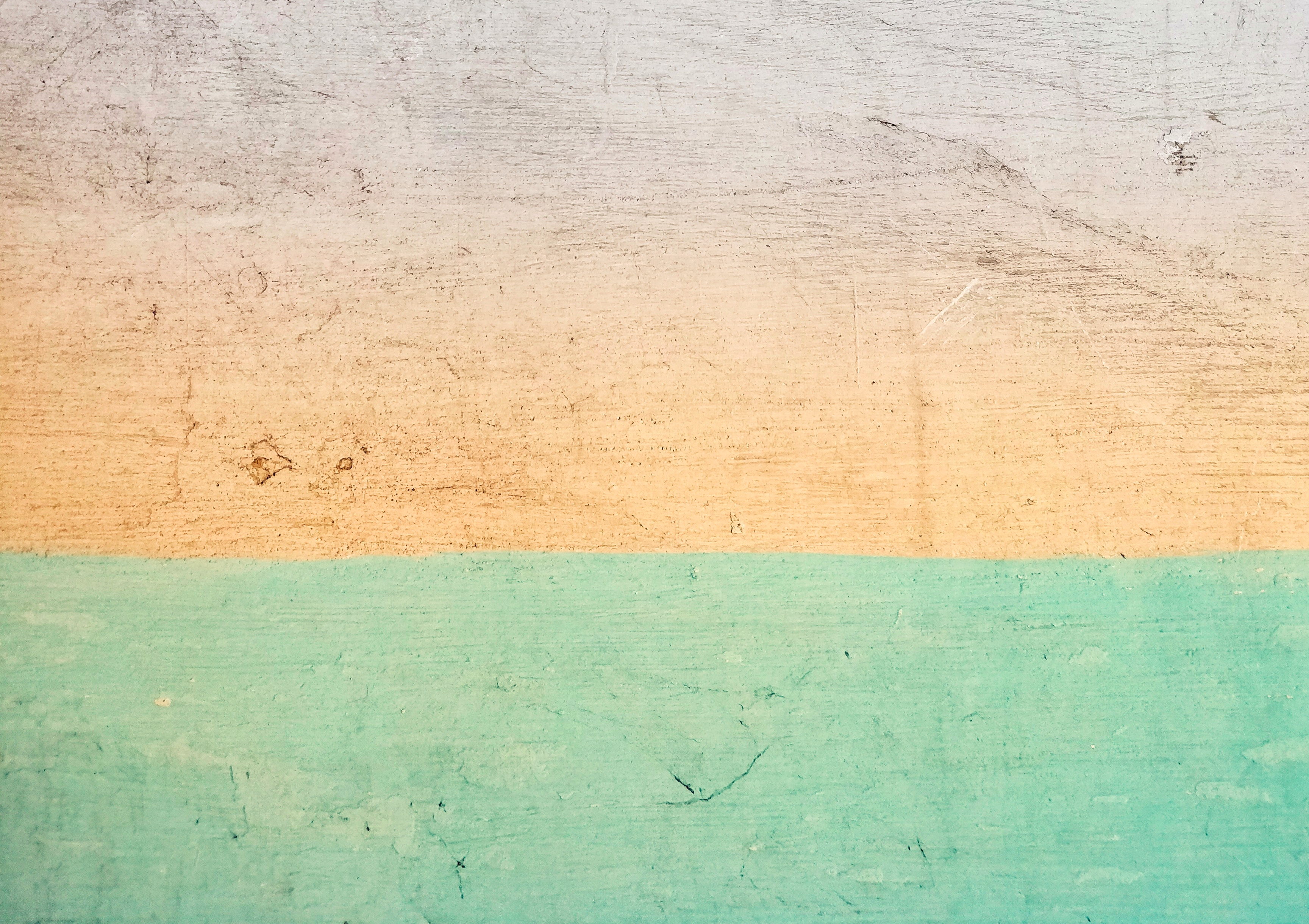
Are we ready to RESHAPE ourselves?
Einstein allegedly said that 95% of every problem’s solution lies in forming the right question. The weeks prior to the Reshape meeting in Prague, this thought was constantly running in the background of my mind. What is the right question for our work?
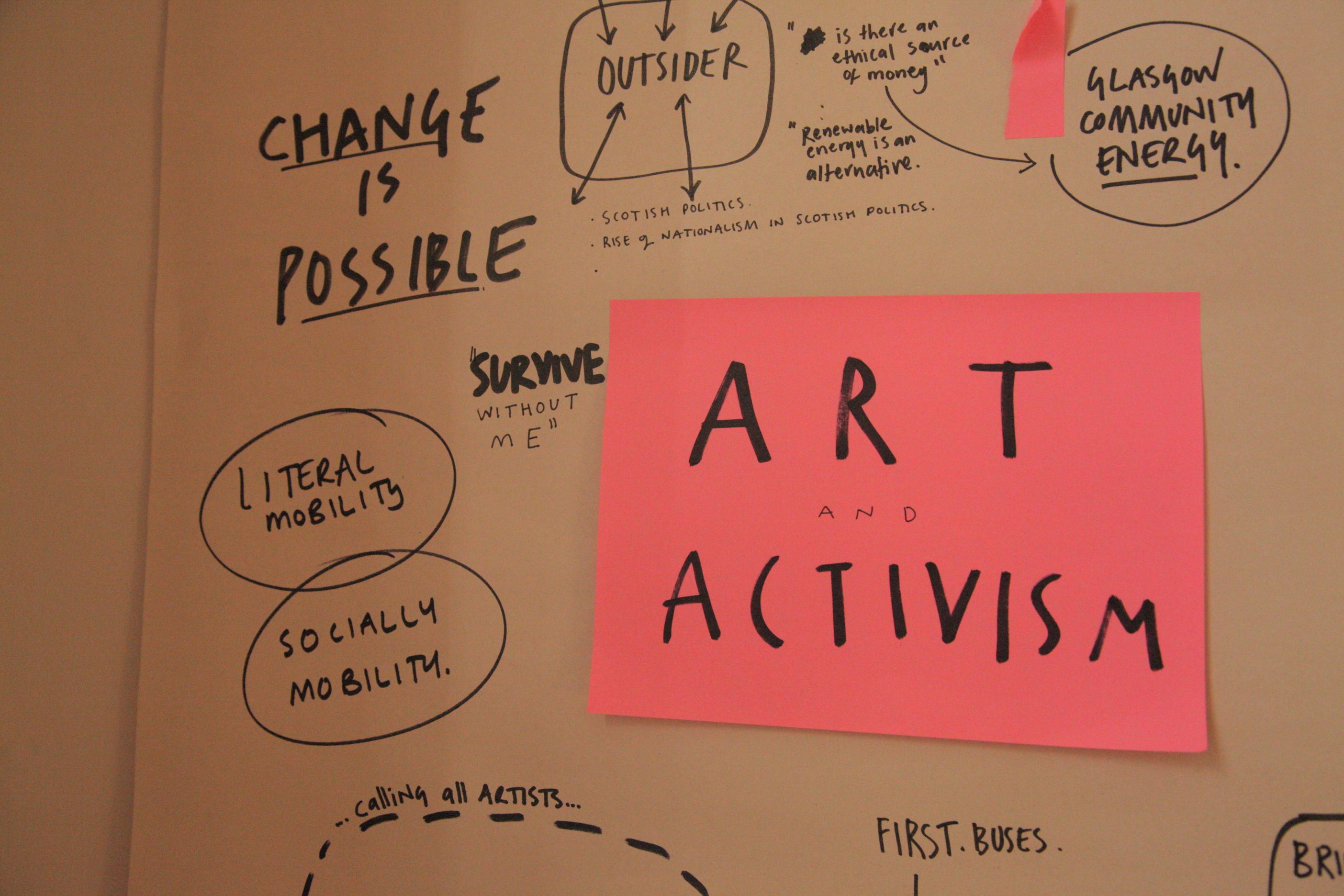
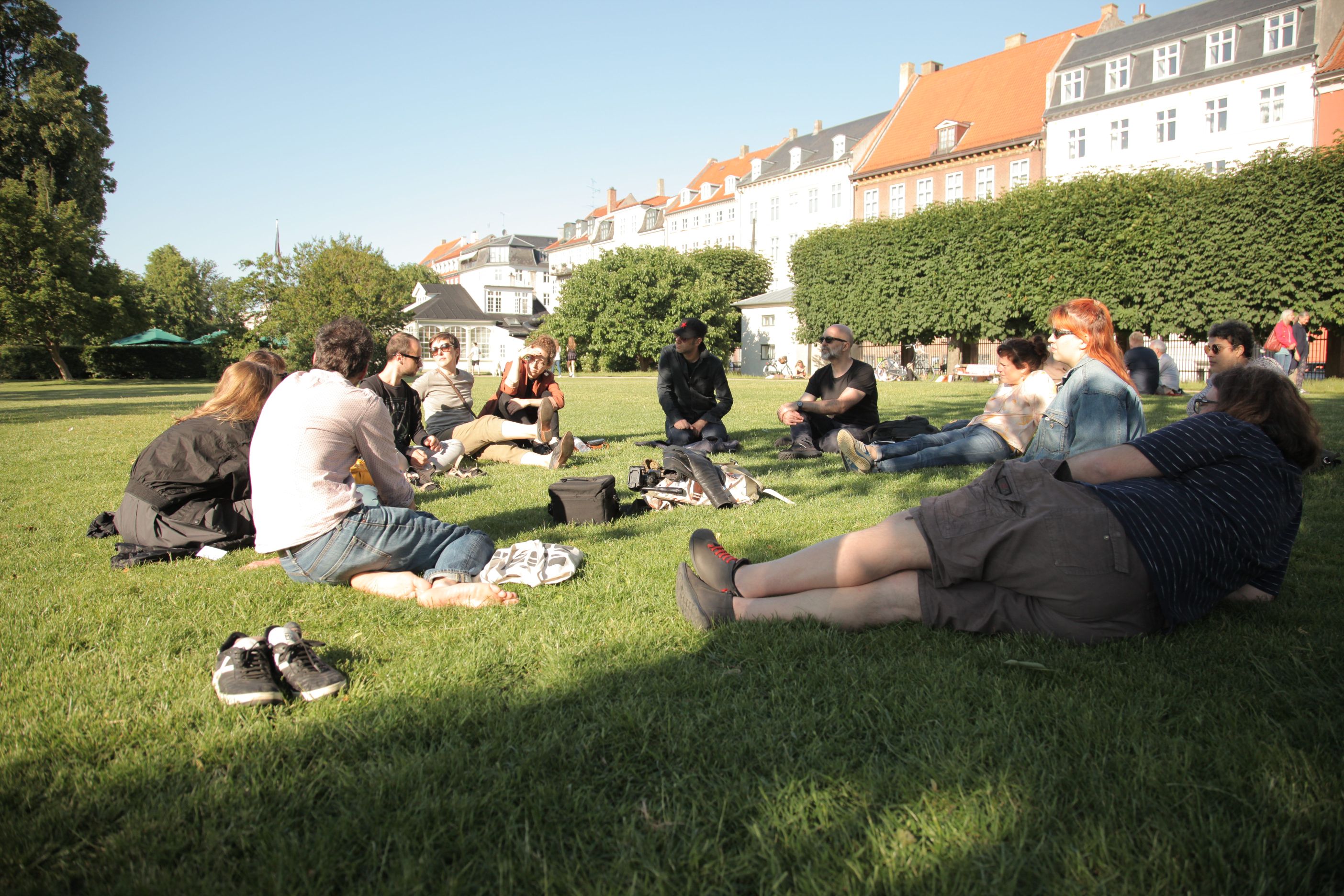
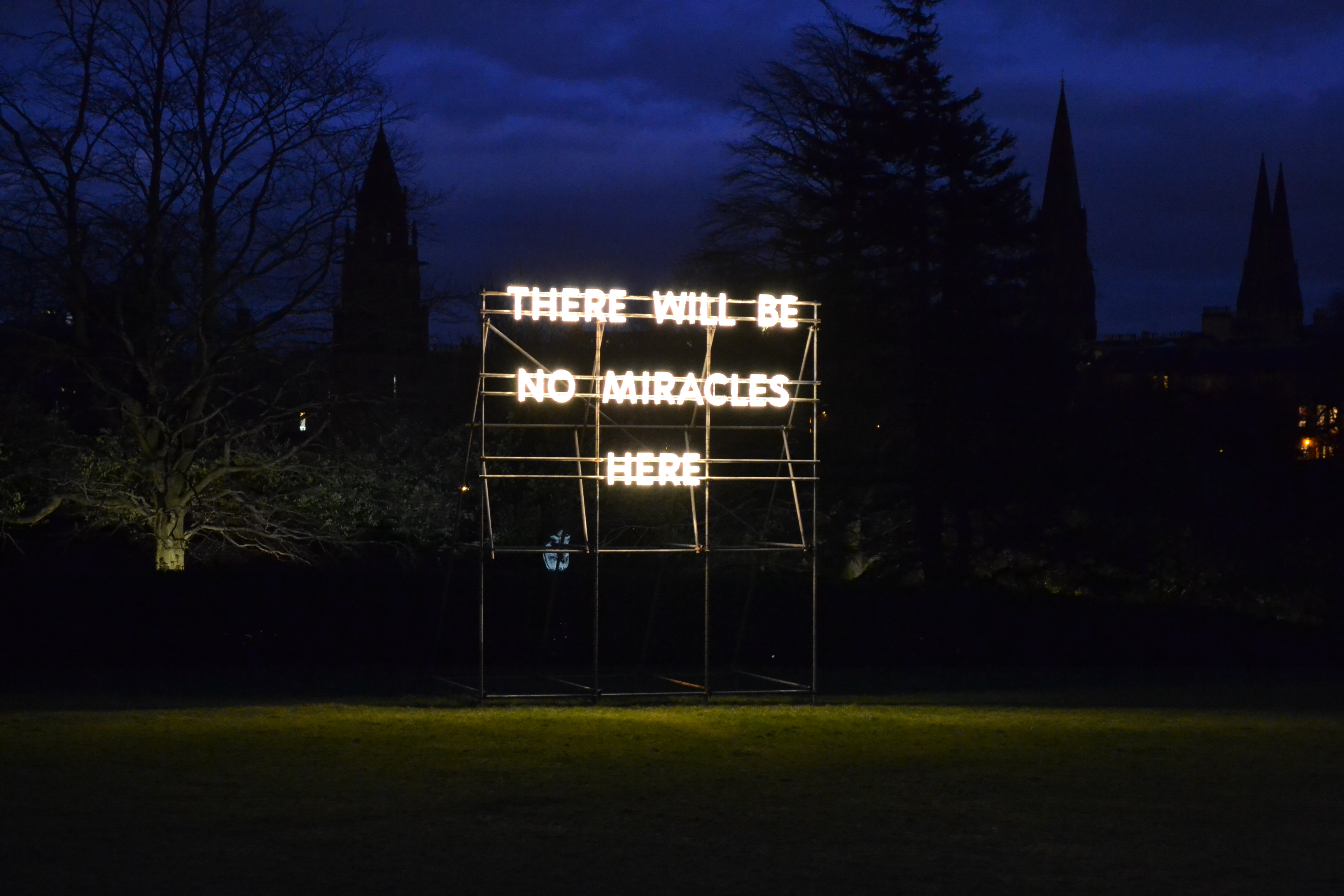
The best we can. Re-establishing priorities for arts professionals in times of crisis
Arts professionals think that their work is important for society. Nevertheless, when it comes to defining or formulating this value in concrete terms, most of them fail to do so. Far from being able to establish the relevance of what they do for the people they aim to serve, they often seem to be totally unaware of what is going on around them and little informed on contemporary issues that affect their communities. Cuts in budgets for Culture, shrinking teams and an absurd demand for “doing more with less” have further intensified the disconnect between cultural organisations and society. The uncritical execution of repetitive tasks, therefore, has become a comfortable norm, where there seems to be little place for critical thinking, imagination, creativity and, ultimately, happiness. Can there be a way out from this swamp?
